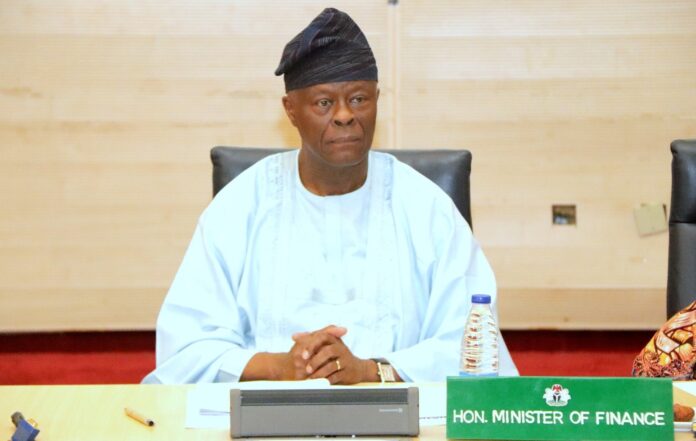President Bola Tinubu has directed a full review of deductions and revenue retention by major government-earning agencies.
The order is intended to raise public savings, improve spending efficiency, and free more funds for economic growth.
The directive came during the Federal Executive Council (FEC) meeting in Abuja on Wednesday.
Finance Minister Wale Edun said the move would cover the Federal Inland Revenue Service (FIRS), the Nigeria Customs Service, the Nigerian Upstream Petroleum Regulatory Commission (NUPRC), the Nigerian Maritime Administration and Safety Agency (NIMASA), and the Nigerian National Petroleum Company Limited (NNPC).
Tinubu told the council, “We must optimise every available naira to sustain our momentum and finance our growth trajectory — especially in a time of global liquidity constraints.”
Focus on NNPC’s 30% Fees and National Growth Target
The President ordered a reassessment of NNPC’s 30% management fee and 30% frontier exploration deduction allowed under the Petroleum Industry Act.
He tasked the Economic Management Team, chaired by Edun, to recommend to FEC the best way forward.
Tinubu said the review forms part of reforms that have “dismantled longstanding distortions in our economy and restored policy credibility.”
He maintained that Nigeria’s Renewed Hope Agenda is targeted at building a $1 trillion economy by 2030.
To achieve this, annual growth must reach at least 7% from 2027. Tinubu described this goal as “not just economic, but a moral imperative,” linking it directly to poverty reduction.
According to the IMF’s July 2025 Article IV report, Nigeria’s growth path is consistent with this ambition, but it must be investment-led.
Ward Development, Infrastructure Loans, and Electricity Debt Plan
On grassroots empowerment, Tinubu pointed to the Renewed Hope Ward Development Programme, a project in all 8,809 wards designed to empower local economic players through micro-level poverty reduction strategies.
He urged governors to “prioritise productivity-enhancing investments, strengthen food security, and work with local governments to ensure no Nigerian is left behind.”
Edun said macroeconomic indicators are improving — with a stable exchange rate, easing inflation, and revenues on the rise.
He presented two memos to FEC: a $125 million Islamic Development Bank loan for 35km of roads in Umuahia and 126km in Aba, and a plan to refinance ₦4 trillion electricity sector debts in phases over the next few weeks.
It has been alleged that NNPC’s books have been opaque, but should their current deductions be reduced to fund other national priorities?Rate, Like 👍, Comment💬, share this article, Follow us on our social media handles, and Submit your own story to get featured and earn rewards!








